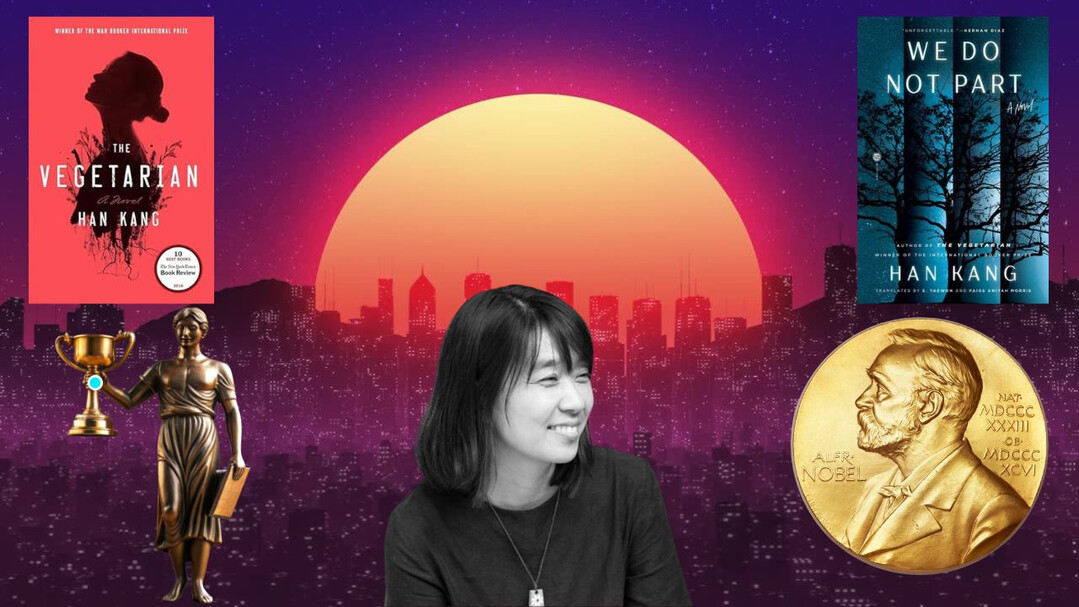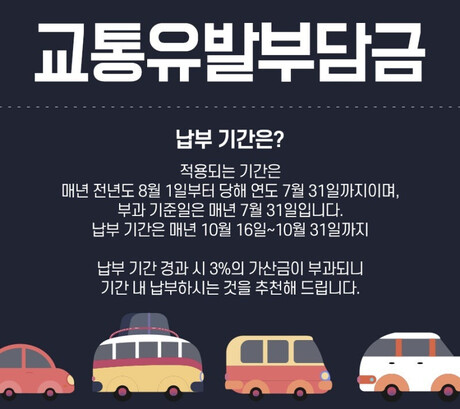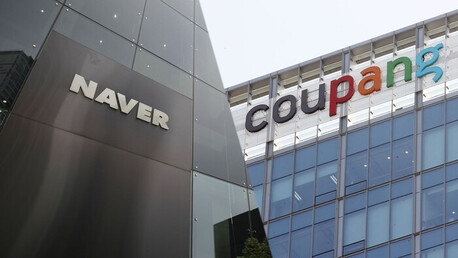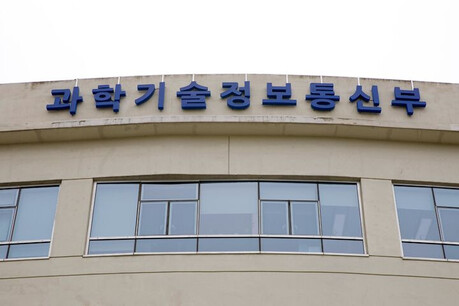
Stockholm, Sweden – On October 10th, South Korean author Han Kang made history by becoming the first Korean and the first Asian woman to win the Nobel Prize in Literature. The prestigious award was presented to her at the Stockholm Concert Hall in a ceremony filled with elegance and celebration.
The ceremony commenced at 4:00 PM with the entrance of King Carl XVI Gustaf of Sweden, accompanied by the majestic Mozart March played by the orchestra. Dressed in a black evening gown, Han took her seat on the left side of the stage, exuding grace and anticipation.
The Nobel Prize in Literature was the fourth award to be presented, following Physics, Chemistry, and Physiology or Medicine. Permanent Secretary of the Swedish Academy, Ellen Mattson, announced Han's name in English, saying, "Dear Han Kang, it is an honor to convey our warmest congratulations on behalf of the Swedish Academy. Please come forward to receive your prize from His Majesty the King."
As Han rose to accept the award, the audience of 1,500 erupted in a standing ovation. She received the Nobel Prize medal and diploma from the King and graciously acknowledged the applause.
The entire Nobel Prize ceremony was conducted with the utmost formality, befitting one of Sweden's most significant annual events. Men were dressed in formal attire, and women wore elegant evening gowns. The entrance of each laureate was accompanied by Mozart's march, performed by the Royal Stockholm Philharmonic Orchestra under the baton of Gustavsson. Soprano Ingela Brimberg provided vocal accompaniment. Following Han's acceptance of the award, the haunting oboe concerto "Ambarvalia" by British composer and oboist Ruth Gipps was performed.
In her introductory speech, Ellen Mattson, a Swedish Academy member and novelist, delved into the symbolism of "white" and "red" in Han Kang's works. She explained, "White, which appears frequently in Han's works, serves as a veil between the narrator and the world. However, white also signifies sorrow and death. Red symbolizes life but also pain, blood, and the deep wounds of a knife. In Han's novels, these colors represent historical experiences."
Mattson further elaborated on Han's novels The Vegetarian and Human Acts, stating, "Deep within the characters, there is a stubborn resistance, a silent stubbornness stronger than words, and an instinctive need to remember. Again, forgetting is not the goal, nor is it possible to forget." She praised Han for her ability to delve into the depths of human suffering, loss, and resilience, concluding, "She speaks of unspeakable cruelty and irreparable loss, and ultimately, she seeks the truth."
Outside the Stockholm Concert Hall, over 100 Korean expatriates and visitors from South Korea had gathered to celebrate Han's achievement. Kim Ae-kyung, a member of the Swedish Korean Association, said, "I've been waiting here since 2:00 PM to congratulate Han Kang. As I'm from Gwangju, her win feels particularly significant, and I hope it will inspire more interest in Korean literature in Sweden." Kim Kang-il, visiting from London, shared, "I wanted to experience this historic moment with my child, so I came from London. Given the severe circumstances of martial law in Seoul in 1980, which is a central theme in many of Han's works, this achievement feels even more meaningful."
Following the ceremony, a Nobel banquet was held at the Stockholm City Hall. Han delivered a brief speech, expressing her gratitude and sharing her thoughts on literature. In her speech, she emphasized the power of language to connect people and to challenge injustice. She said, "Language connects us. Literature, which deals with this language, inevitably carries a kind of 'body heat.' And the act of reading and writing literature is also an act of resistance against all acts of destruction."
Han Kang's Nobel Prize win marks a significant milestone for Korean and Asian literature. Her work, characterized by its deep exploration of human suffering, resilience, and the complexities of history, has resonated with readers worldwide. Her acceptance speech further highlighted the transformative power of literature to connect people across cultures and generations.
[Copyright (c) Global Economic Times. All Rights Reserved.]






























